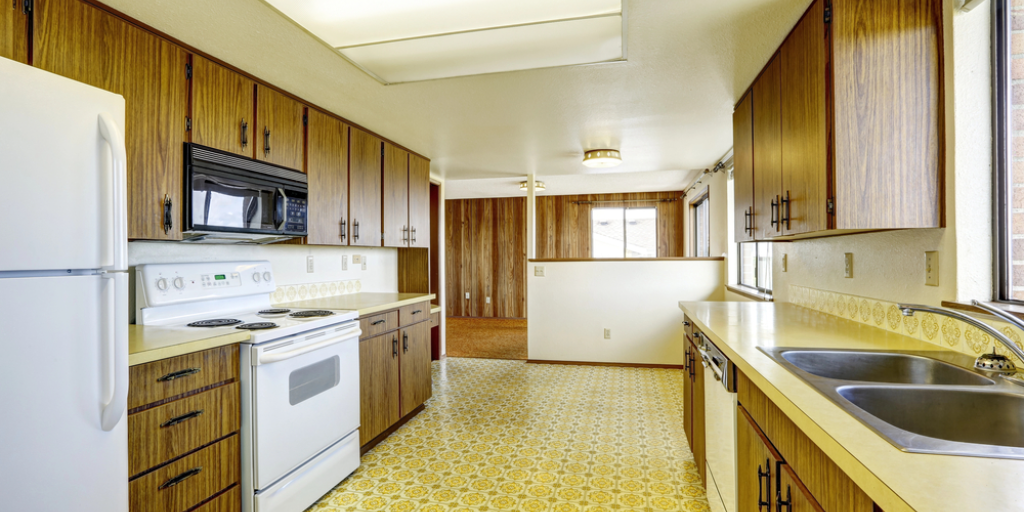In the best possible light
Today I’m going to show you how to use the expression, “in the best possible light.” We typically say to “paint something” or to “put something” or to “describe something” in the best possible light.
Sometimes in life, there is an objective truth. “This house was built in 2010.” That means a house was constructed in the year 2010. If you said it was constructed in 2017, or in 1990, then those would be untrue statements.
But. Often there are shades of gray. Painting something in a positive light, or in the best possible light, is not about truth and lies. It’s about finding a way to say true things that give you the best possible advantage.
There are ways of describing something that make that thing sound good. How about this? Same house. “This house was recently built.” Okay. It’s 2024. The house was built in 2010. “This house was recently built.” Is this true or untrue?
Well, let’s see. It wasn’t built in the last few years, that’s for sure. But the average house in the United States is 40 years old. So our 2010 house was built much more recently than the average house was. Maybe it’s in a neighborhood with a lot of homes that are 50, 75, 100 years old. So, you tell me: true or not? This house was recently built.
It’s not a lie, exactly. But it’s describing the age in the best possible light. And when you describe something in the best possible light, you describe it in a way that is true—or, let’s say, not untrue—but that makes it sound as good as possible.
How about this? The bedrooms are small. The bedrooms are tiny. They have just one small window. If you want to describe this in the best possible light, you might say, “the bedrooms are cozy, perfect for a young family.”
If the interior is old, with old windows and old appliances, you might say “This house has old-world charm.” You see what I mean here? So, real estate agents are good at describing a house in the best possible light. They’re good at writing the description in a way that is not untrue—and that sounds as good as possible without crossing a line .
There’s nothing morally wrong with this. Describing something in the best possible light is something you do when you’re trying to get some kind of advantage, but you’re also trying to be honest.
Let’s say you got laid off from a previous job and it’s now two years later. You’re applying for a new job. They’re going to ask you what you’ve been doing for the last two years. Let’s say the truth is this. You lived off your savings, or your spouse’s income, for that time. You did some solid relaxing. You spent some more time with your family. You did some yoga. You took an online course.
In the interview, when they ask about this, you could say, “I honestly didn’t do very much. I did a lot of relaxing.” But that’s not the answer I would recommend. You want to describe this time in the best possible light.
You want to say things that are true. But you are the one who gets to choose how to say them. When you choose how to describe your time away from the workforce, you want to make this description seem as advantageous to you as possible.
“I took the time to learn some new skills,” you might say. “I had to focus on my health,” you might say. Not a lie! Not a lie. You did take that one online course, you did do some yoga. You’re painting your time away in the best possible light.
This happens anywhere in the market, any time there are pros and cons, multiple ways of looking at things. We’ve talked about weight-loss drugs . The drugmakers paint these drugs in the best possible light.
If you were to paint weight-loss drugs in the best possible light, you might say, “they’re easy to take.” Now listen—this is not a lie. But you do have to inject them. Some people might say that’s hard. But it’s certainly easier than getting surgery. And it’s only once a week. And it comes in an easy plastic dispenser. So, “it’s easy to take”—that’s debatable, but it’s painting the drug in the best possible light.
See you next time!
That brings us to the end of lesson 666. Remember, the transcripts, the quizzes, the exercises, and all the lesson resources are at PlainEnglish.com/666. That is thanks to JR, the producer.
And if you want to get more involved in English, practice your speaking, your listening, and your writing, then consider joining us as a Plus+ member. You can learn all about that at PlainEnglish.com/Plus.
We’ll be back on Thursday with a new lesson. See you then.
Use realistic expressions like a native speaker

